Childcare is one of the most popular topics nowadays. As parents, we want to provide the best childcare service and find the best caregiver or nursery practitioner for our children. Although there are regulated rules and laws applied to every institution or provider by government, which also varies from country to country, there are far more important factors that every parent has to consider when choosing childcare.
Let’s take a look at the twelve most important signs of a good day nursery you should focus on when you are visiting one of the nurseries establishments.
- 1. A big nursery welcome for you and your child
- 2. Focus on nursery attention and care given through the entire time
- 3. Talk to the nursery practitioner who is going to spend the most time with your child
- 4. Establish communication with the nursery
- 5. Follow the trick: think of an issue and ask for the opinion
- 6. Nursery hygiene: what should be included
- 7. Ask about nursery’s or childminder’s sickness policy
- 8. Nursery general facilities
- 9. Nursery outdoor activities and day trips
- 10. What nursery activities does my child shall be involved in?
- 11. Trust your gut
- 12. Be opened to change
1. A big nursery welcome for you and your child
Among all signs of good childcare, it is important how you are welcomed to the nursery or other childcare settings. It is even more important how your child is greeted. Did they stop and had a little chat with your baby? Did they intend to build a circle of trust and get closer to him right from the start?
For example, in one of my favorite nursery “Learn & Play” they have a little table with kids’ names on it and CDs where they store personal information on every child, such as special requirements, needs, diet, and allergies. Every child regardless of his age has to choose his name first, then take off his shoes and put them into a special shoe basket, and only then enter the playroom.
Tip: It is important to engage your baby in a play, get him interested in staying, encourage when he makes something right, introduce fun activities for toddlers and childcare routine in a fun way. It is also crucial to welcome your child every day in a way that he feels comfortable to let you go to work.
Related article: Where do I find the right childcare for my baby?
2. Focus on nursery attention and care given through the entire time
This point is key for every parent to determine if this nursery is the right one. Look down on the floor and scan through your entire stay
- How kids interact with practitioners and carers;
- How practitioners and carers interact with kids;

Children do not know how to lie or manipulate just yet; they are the most open people always doing what they feel. Observe if babies are close to their caregivers if they give hugs and stay near; if they want to share what they found or explored.
And another way around, pay attention to nursery practitioners: a good caregiver will be able to place children on his laps and in general, will be close to them by touching, hugging and rubbing their backs.
It is good to ask if your child will have a permanent nursery practitioner. Commitment is important as every child builds a close relationship with his caregiver.
Note: In their early years, babies need close, loving, interactive relationships with adults in order to thrive. That’s why it’s especially important that babies’ first caregivers are warm and responsive, and that even in group care, infants and older babies get a healthy dose of one-on-one time.
For example, I visited a childminder whose house was fantastic for kids. It was designed for children. As soon as we entered, she was very well communicative with me, but it was only me. Kids were left out, but also my child was nowhere near gaining her attention.
Important: While it is crucial you establish a great level of communication with your nursery establishment, it is essential he establishes better communication with your child in the first place. In the end of the day, your child is the one who stays there and shall be happy throughout the entire time.
No matter how professional the potential daycare center is, personal care provided to your child is what matters. He has to feel relaxed, comfortable, safe and happy during the entire time.
Now, you would probably ask: “But how do I know if it is not going to be changed after the first visit?” Indeed, we never know. But nobody can tiptoe forever, once we get down on our feet, we show who we are and how we operate. Try to stay within the setting quite a few times, would it be a nursery or childminder. Visit them twice or three times to make sure your judgment is correct.
I honestly can’t stress more how it is important to observe kids’ and caregivers’ interactions. If there is a slight suspicion or doubt that this person is not for your child, keep looking. And with this being said, we are moving to the next point.
3. Talk to the nursery practitioner who is going to spend the most time with your child
One big mistake I have made in the beginning: I have talked to the manager, I saw the nursery establishment, I have spent a lot of time there, but I wasn’t invited to talk to the actual practitioners my son would spend the entire time with. When we have registered with the nursery and I got to know them, I have realized how different they are comparing to the other caregivers responsible for children starting from 2 years old and more.
Important: Talk to the person who is going to stay with your baby most of the time. Ask him as many questions as possible, check his attitude and learn as much as you can about his personality.
Remember, this person is the one who will stay with your child more than you do and so he is the one who will affect your baby’s life patterns. The childminder or nursery practitioner should fit your child’s needs and character. For me personally it is important that our caregivers smile a lot, have charisma, energy, and passion for their jobs. I prefer to see the very active person playing, running around and engaging my child with daycare activities rather calm and super exhausted fellow.
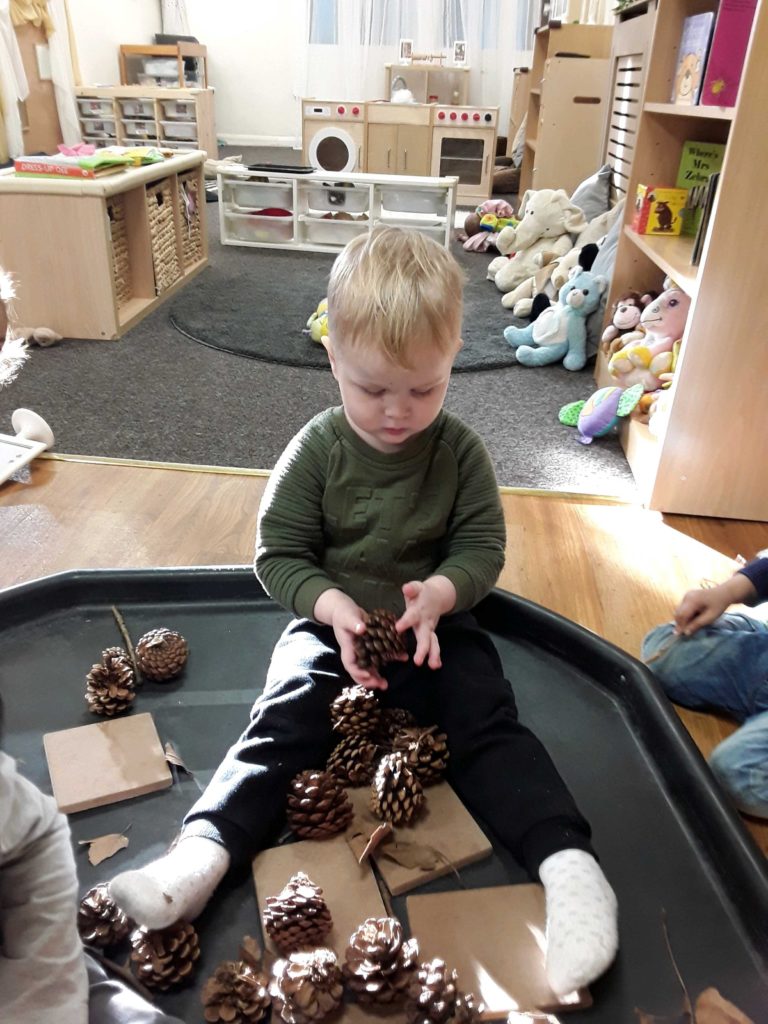
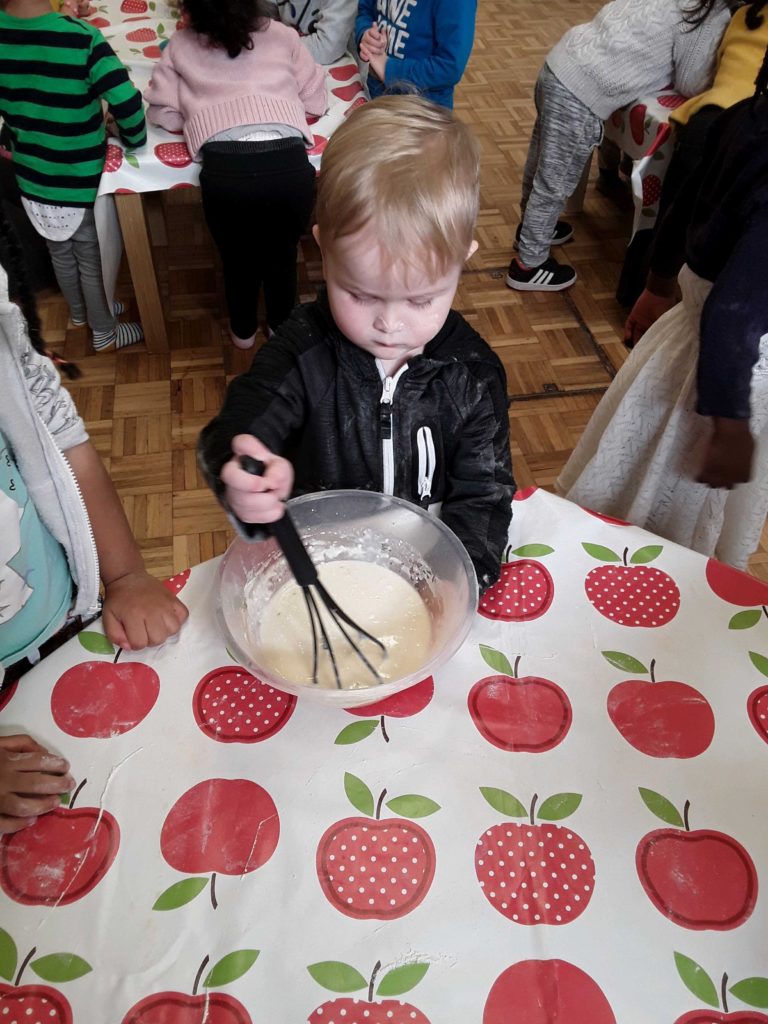
4. Establish communication with the nursery
Since your child by virtue of his abilities is not able to express himself quite well just yet, you will need to establish a great communication level with your childcare provider. It is essential to talk through all your thoughts, doubts, queries and ideas. It would be wrong to hold it all to yourself and collect negative feelings. However, it is also very important for childcare to be able to discuss things with you and sort out things when necessary.
Make sure this is the case of the childcare you have picked.
How do you know? Let me share a trick with you in the next point.
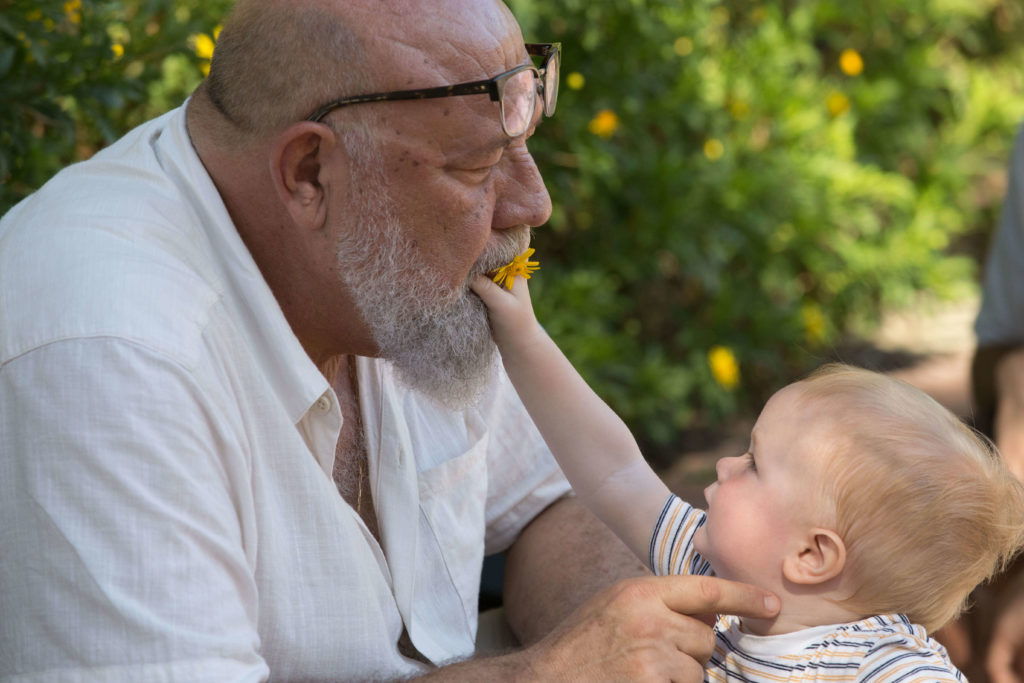
5. Follow the trick: think of an issue and ask for the opinion
I reckon this is a very practical tip and here is why.
- When you bring up an issue regarding your child, you will see how much this caregiver wants to be involved in the process. Does it bother him? Is he responsive or ignorant?
- This shows the level of care, trust, and passion for his job;
- This demonstrates how things are going to be when you will have a real issue at home and will need some assistance from your childcare institution.
In my case, caregivers at the first nursery we went to were absolutely unresponsive. My son started to experience “terrible twos” combined with separation from me, his mom, so he would show his frustration to me by whining literally all the time. A hysterical cry was a norm for two weeks, no shoes could be taken off, nor clothes, nor we could bath him. I started to seek for help trying to understand his behavior at the nursery. All I got: “Oh, this is odd. He is absolutely fine here”.
Related article: Terrible Twos (coming soon!)
I don’t even mention that my requests to wash his face after each meal were ignored. So, we ended up with rash and irritation until we changed the nursery.
The moral is to talk through everything you need and don’t be afraid of doing so. At the end of the day, you are not losing anything.
6. Nursery hygiene: what should be included
These are basics, but not for all. I decided to break down hygiene aspects you would better focus on:
- How clean is the childcare establishment in general?
- Are the toys well-organized? Is there special storage for the toys?
- Are there special baby toilets, potties, changing mats? How are they cleaned?
- How clean are the floors?
Important trick: take off your shoes, swipe the floor a bit sliding around with your socks, then check the result. My son’s socks were wet and filthy full of sand and food bits every evening I used to pick him up from the nursery (again that was the first one!). It would be nice to ask how often the premises are cleaned too.
7. Ask about nursery’s or childminder’s sickness policy
When you start your full- or part-time job, the least that you want is to stay home the next week with a sick child.
Tip: When you visit childcare premises, look for and count children who sneeze or cough. This will help you to have an idea.
Usually having a regular cold is not considered to be a problem in London’s nurseries, so you might see a lot of kids with runny noses, especially during the high season. The issue would be if you have a high fever, stomach bug, viral infection or more severe problems, such as chickenpox or lice.
It is a good idea to ask for the nursery’s or childminder’s sickness policy and learn which illnesses will keep your little one at home and for how long. For example, in our nursery, if a child had a loose stool twice within an hour, he is sent home for 48 hs.
It may be not too good for your work to stay home with a sick baby, but think what if it was the other child. You would like him to stay home and prevent your baby from unnecessary illness. By asking these questions you will be reassured that the nursery takes illnesses seriously and doesn’t want them to spread.

8. Nursery general facilities
While the atmosphere and attitude are incredibly important, it would be smart to check on general facilities too.
Ask your childcare to show you:
Sleeping area
Check the quality of the mattresses; check if there is a spare travel cot on-site; ask how often they clean sheets and what they use to clean them.
Eating area
For under two-year-olds there should be offered a special highchair with a tray and a little table where children gather. Check on their cleanliness, this is also a good moment to ask how hands and mouth get cleaned before and after meals. In our nursery, kids brush their teeth together after they have lunch.
Playing area
I have never had a problem with that in London, as every place I went to was filled with all the necessary standard facilities. It is very important that the nursery has a curriculum with planned daily activities for 2-year-olds and older age. The activities for babies in a nursery setting play an essential part in their development.
Make sure you check on the following:
For Inside:
- Soft toys,
- blocks,
- rings,
- jigsaws and puzzles,
- books,
- musical instruments,
- dough,
- paint,
- other related items for texture activities, such as oats, sand, foam, etc;
- kitchen and playhouses,
- all types of animals (they usually store them in different boxes).
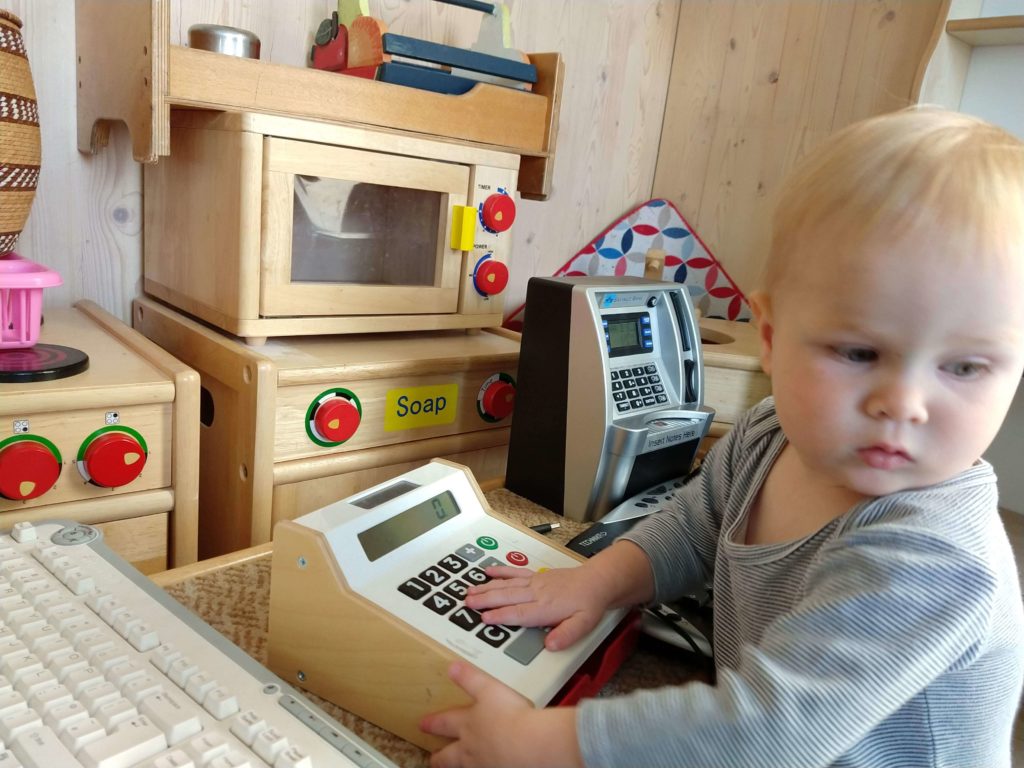
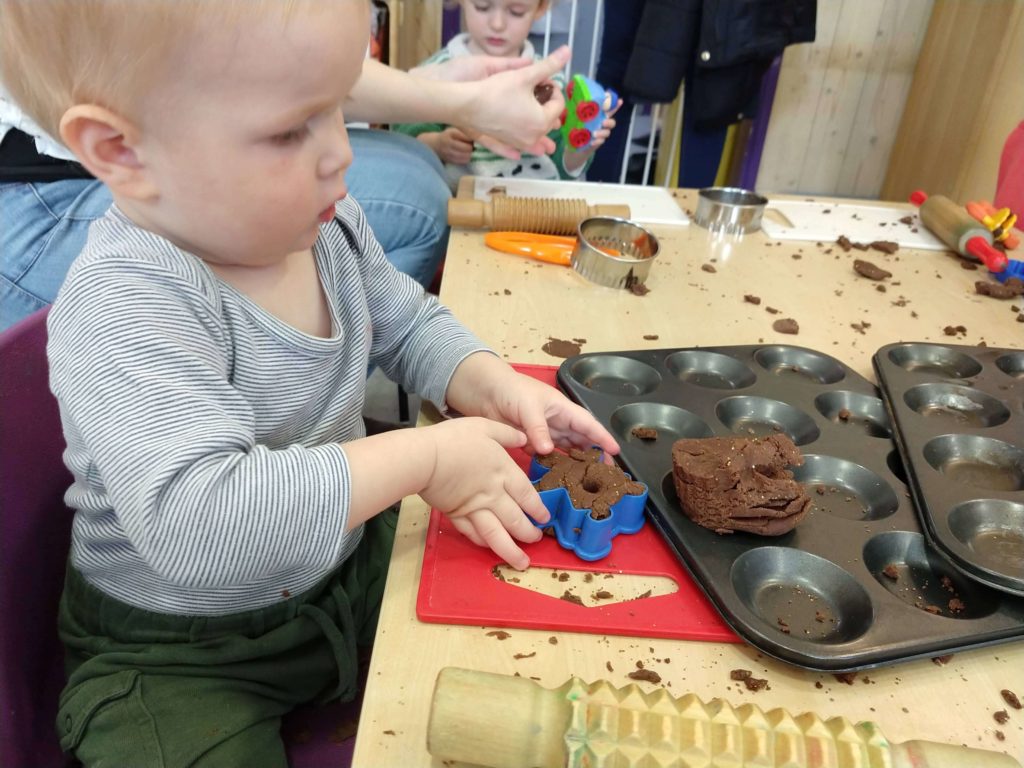
For outside:
- Slides,
- see-saws,
- bouncers,
- little cars that they can drive,
- kitchen or playhouse (can be outside too),
- strollers and pushchairs for their animals and babies;
- sandpit,
- water table,
- an area to grow vegetables and plant trees.
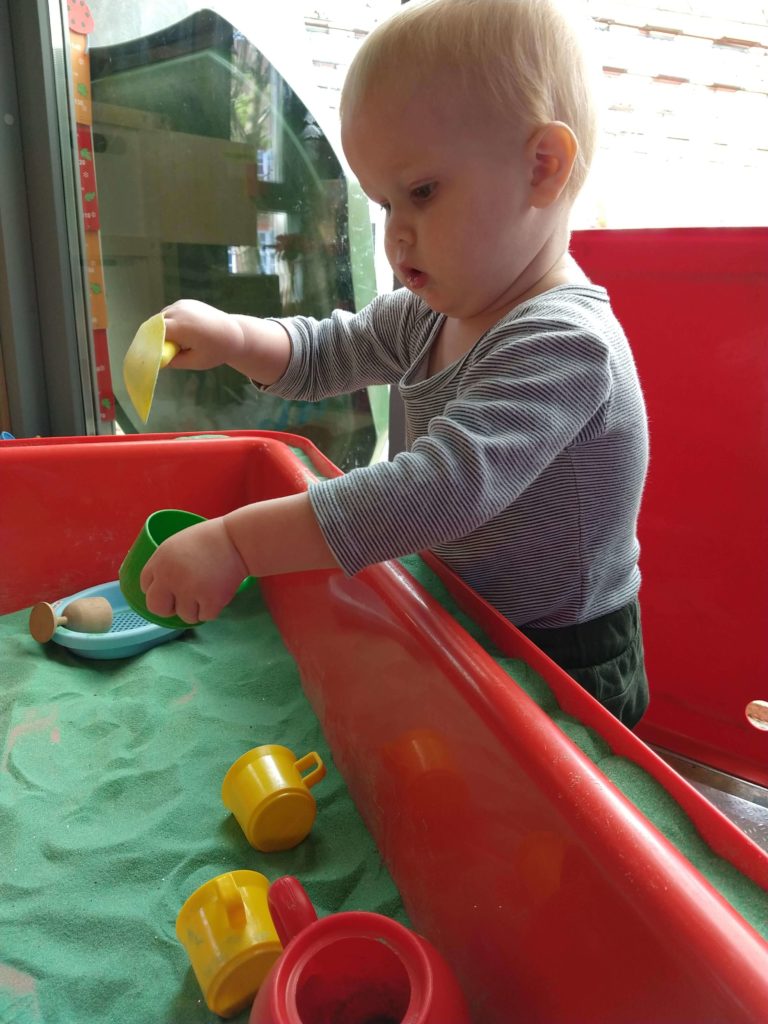
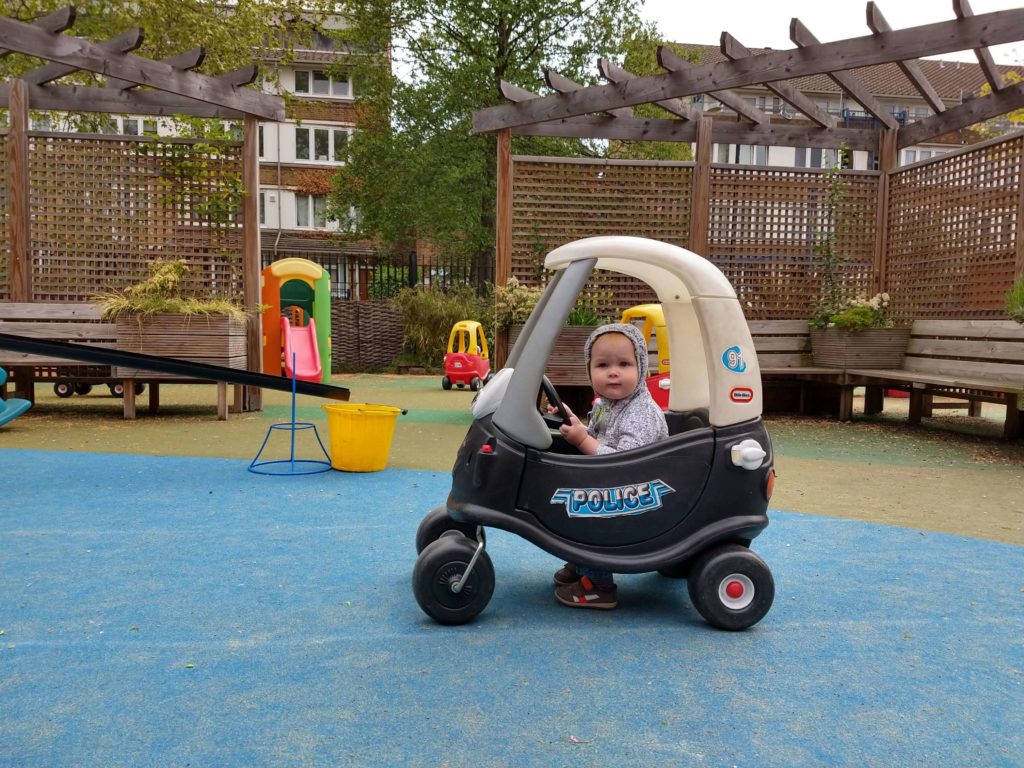
9. Nursery outdoor activities and day trips
Just think about what your child will be doing when the weather is bad. For example, in London, it is impossible to rely on good weather conditions, so the space matters. Make sure that your baby will feel comfortable in a space given and is able to interact with his mates.
Ask your caregiver if they plan any outdoor activities, such as local parks or supermarkets. The majority of childminders offer trips to the zoo, soft play, and farm. If they watch only two to three kids, they have a daily schedule for kids taking them to children centers and libraries.
Inquire if there are any fun day trips included or special activities, such as sports day or festivities. Some nurseries or childminders invite specialists from outside to give classes for their children, such as artists and yoga teachers.
So, this all adds up an invaluable experience for your child and makes it more fun rather than having a bold routine every day.
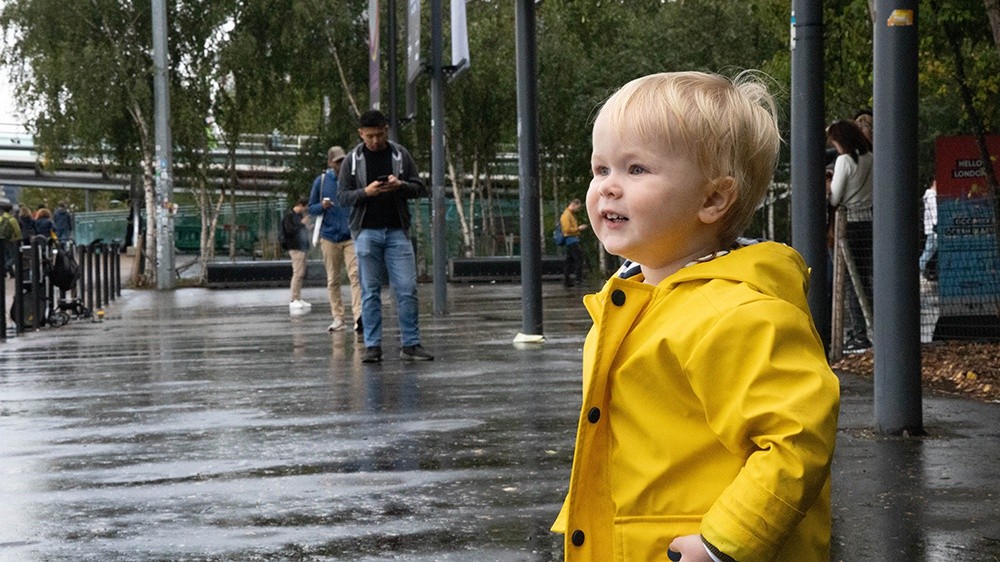
10. What nursery activities does my child shall be involved in?
Below is the basic standard list for your reference. Also, check the list above of playing area facilities to get a better picture.
- playing with the sandpit, water table or playhouse
- painting, drawing, gluing and sticking
- creating with construction blocks and play dough
- moving and dancing to music
- listening to stories and reading
- doing jigsaws and puzzles
- cooking simple dishes
- singing songs and nursery rhymes
Related article: Free activities and things to do in London.
11. Trust your gut
Shall I say how important it is, I guess it speaks for itself. As a parent, you know exactly what is best for your baby and for you. Every child is so unique and has his own personality. What might work for one is not necessarily what will work for your child.
Remember: You are searching for an experience and for a caregiver that fits your child’s personality.
I will put even simpler: If there’s a slight doubt in your heart, keep searching. If you reached a “quality problem” and not sure which one to pick, make a list of pros and cons.
Important: Your child is priority, but take into consideration your working schedule, routine and needs in general. You also should feel relaxed and happy to keep the overall balance in the family.
12. Be opened to change
Don’t afraid to change the nursery or childminder by any means. “While kids need to have a person to bond with, they are also quite resilient. There should be no problem if you make a change for the best of your child”, says psychologist Yuri Baykov specializing in child psychology and childhood trauma.
In our case, I was afraid to change the nursery at first although I wasn’t happy with the results. I felt it would add more stress to my baby’s life. It turned out these were just my worries, as my son felt so comfortable in another nursery from day one.
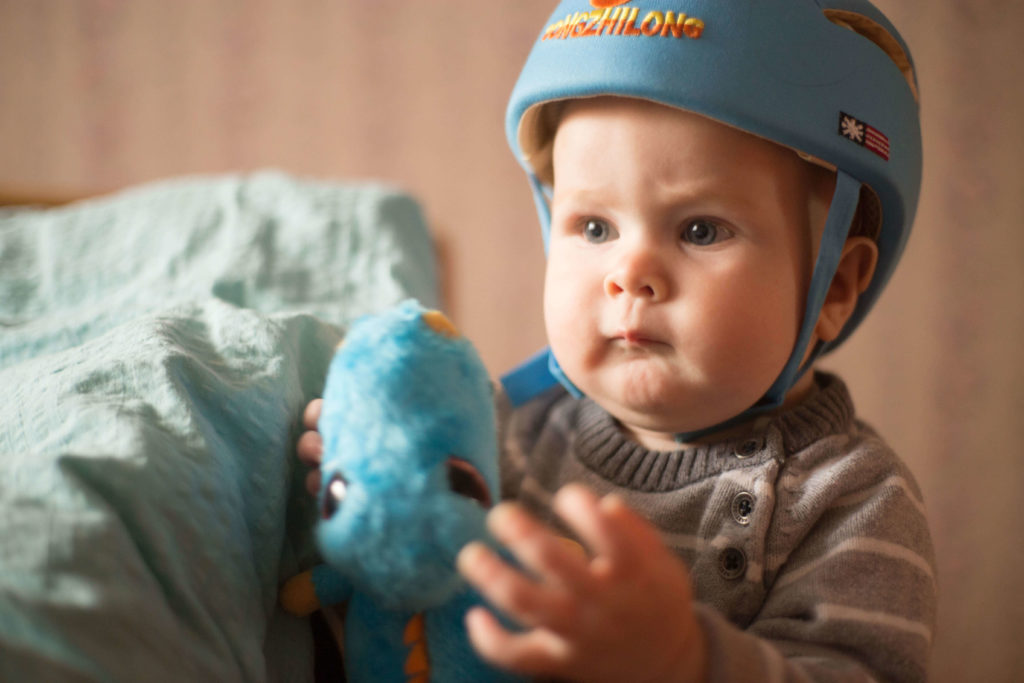
To sum up
What to focus on:
- Trained and experienced staff who is responsive to individual children’s needs, as well as able to comfort and encourage them to keep them safe and loved.
- The general atmosphere throughout your stay. Kids shall remain busy, happy, healthy and relaxed.
- Cultural sensitivity and responsiveness to children’s home life, such as customs, diet, and religious aspects.
- Well-planned routine, including activities, naps, and meals.
- Weekly schedule of food menu and fun activities.
- Cleanliness of the premises, hygiene, and general facilities.
Important: these are just some things and ideas we feel are important for our child, however, think about the things that matter to you and your baby, and make sure you ask about them too!
Check the details on how the childcare system in London works. Here you will learn:
- what is the ratio of staff to children;
- what is the best type of childcare for your child;
- what is the cost you should pay;
- what qualifications and registration documents you should ask for, and more.
We wish you and your baby to have the best experience with your childcare!
If you liked our article, please Pin it for later and share with the world:
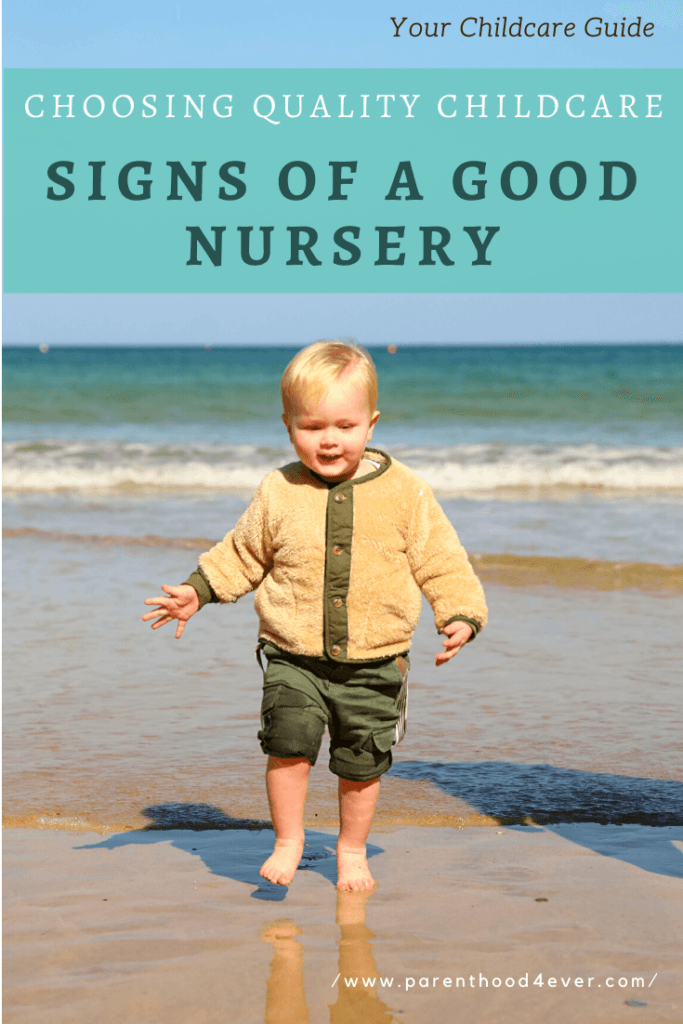
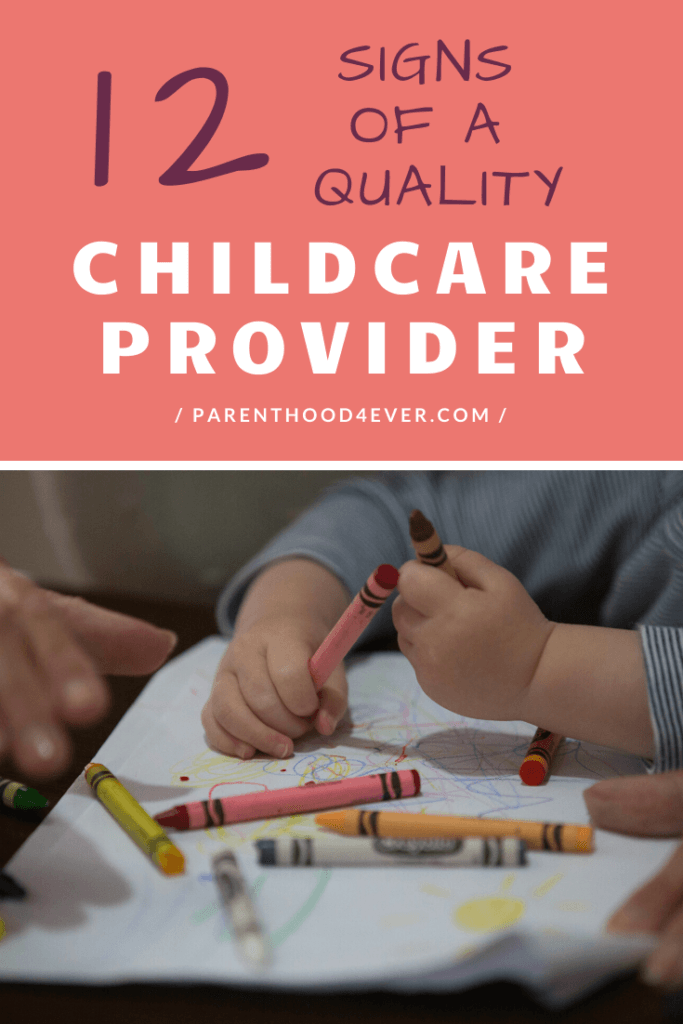
IMPORTANT: We created the Family Store especially for you. By clicking on the image below you can find anything from Newborn’s First Kit, Baby & Family Essentials, Kids Travel to Travel Gear. We hope you will find something valuable for your own adventures!
Our shop contains products from other companies that we love and use! Everything is based on our values of quality over quantity.
To get more support from parents and family travellers, join our Parenting Support Group.
And follow us on Instagram to know our crazy expat life!
Got a question or more ideas? Share with us by leaving your comment below.
Also, check out:
- All you should know about childcare options in London.
- Benefits of Nursery: Eleven Important Reasons Why You Should Send Your Child To a Nursery Or Playgroup.
- Choosing Childcare: where to find the right one for my child.
- Signs of Terrible Twos and How to Deal with Them
- The Ultimate Guide To Children’s Centres And The Best Free Baby Activities In London.
Welcome to check out our best product selection for parents and babies, including traveling gear and resources here.
This post may contain affiliate links that we may or may not receive a small commission for, at no extra cost to you. This helps to fund our blog but we never advertise for anything we don’t personally love or recommend. There is never any pressure to buy anything, we just like sharing things that make our life easier and help you find them if it is something you are looking for. Please, see our full disclosure here.


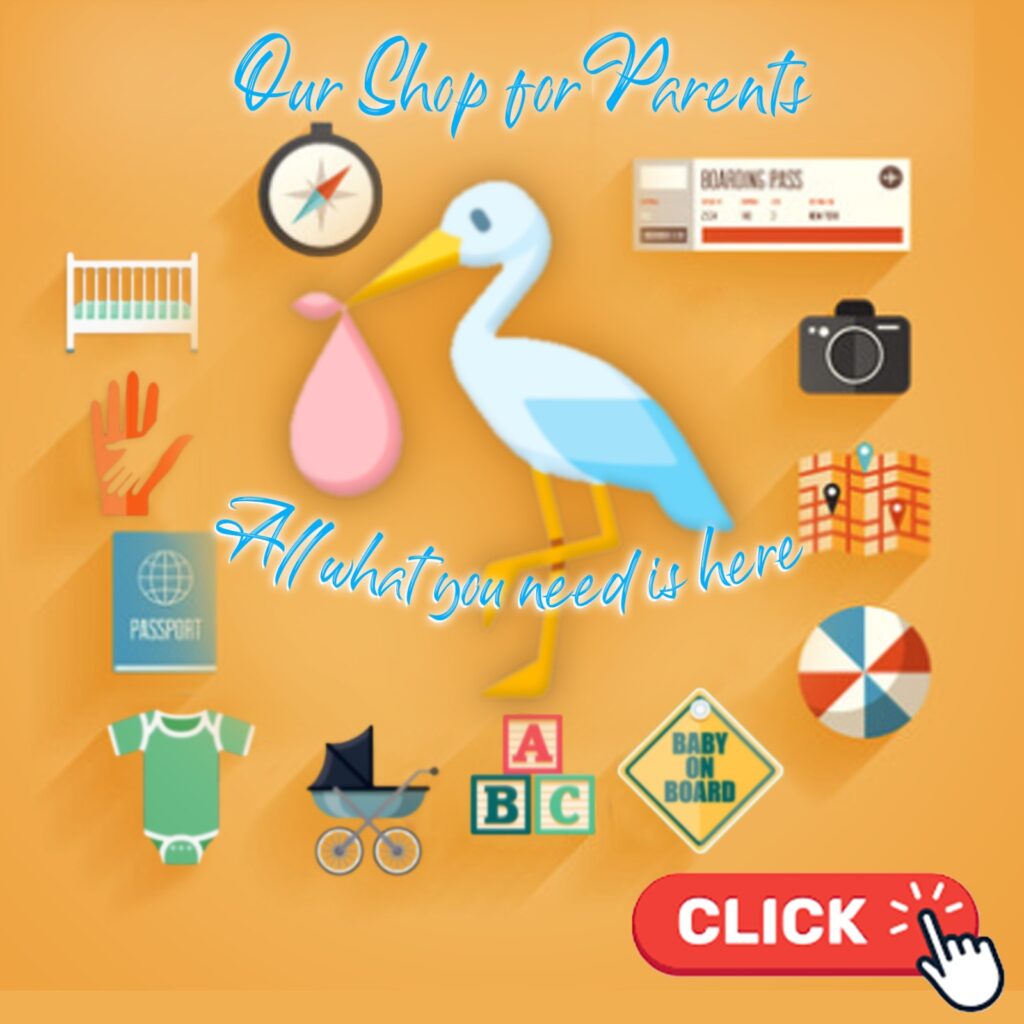
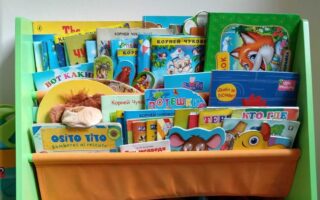

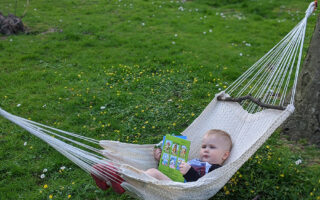

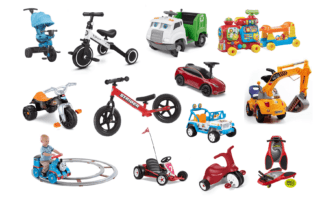


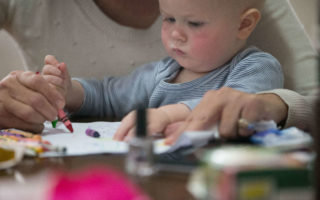




This website is one of
the best we have found, and the Twelve Tips for Choosing Childcare:
Signs of a Good Day Nursery article is very well written and useful!
Thanks and kisses! 🙂
I like your advice about talking to the person who is going to interact most with my child in a daycare center to ensure that they fit my child’s needs and character. My husband and I are planning to start looking for a child care center for our two-year-old daughter because we’re planning to enroll her in a school by age three. I’ll follow your advice and make sure that her actual practitioner is a fun-loving, highly-energetic, and kind like my daughter. Thanks for this!
Hi Levi, thank you. I am glad this advice helped. Let me know how much your daughters like her new nursery.